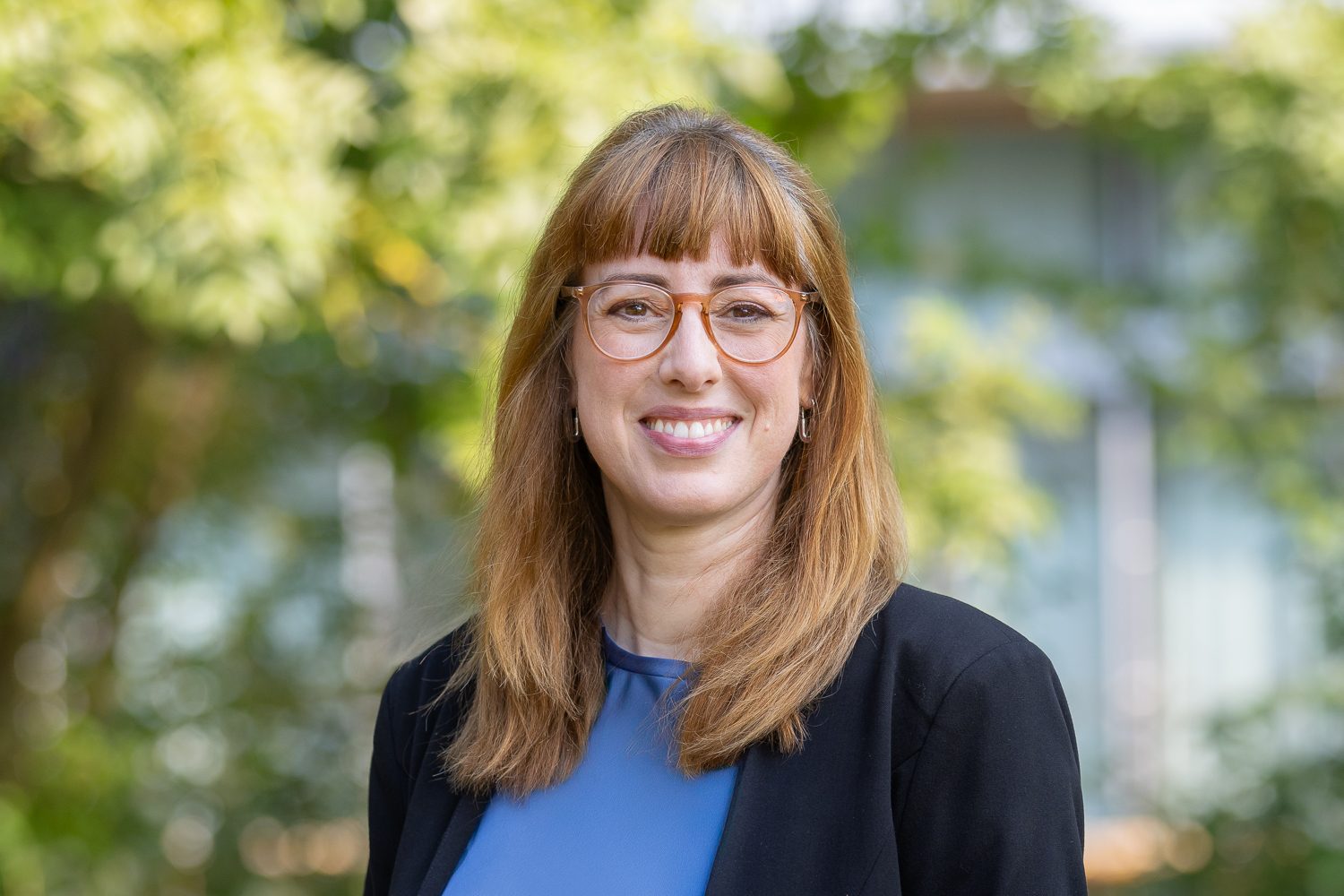
3 Questions to Biotx.ai: “With our AI platform, we have achieved something in three months that previously took the industry several years to do”
Artificial intelligence is one of the big trending topics of our time. But what exactly can it do? Biotx.ai, a company based in the Potsdam Science Park, manages to recognize complex patterns in genomic data with its AI platform, enabling it to make precise predictions about the efficacy of new therapies. Their approach could radically shorten the time needed for such studies, revolutionizing an entire industry. Biotx.ai COO Christian Hebenstreit explains how this works in our interview.
Mr. Hebenstreit, the company Biotx.ai wants to revolutionize the approval of drugs with artificial intelligence. How do you intend to achieve this?
The basic problem is as follows: Currently, it is difficult to predict the efficacy of a drug. It therefore goes through three stages of clinical trials. It currently takes an average of around fifteen years for a drug to pass through these phases and reach the market. Companies invest sometimes gigantic sums in this approval process, on average 4.8 billion dollars. At the same time, it has been recognized that we need more specific drugs that should be tailored to individuals as much as possible. After all, every person is unique and has different needs. So the number of research projects and studies will continue to increase. If 90 to 95 percent of the drugs never reach the market, then that is no longer a sustainable business model. We want to solve this challenge. With our AI platform, we have created a predictive model that uses freely accessible biodatabases to evaluate genomic data and thus quickly identify suitable therapies, but also the appropriate patients for studies. After all, which diseases you get in the course of your life and how drugs work in diseases is usually always also genetically determined. In one of our most successful projects, we achieved something in three months with a team of three, that previously took industry several years to do.
How well does your approach work in practice? Are there any initial reference projects?
There is actually a use case that has proven how powerful our platform is. A year ago, we started looking at Covid-19. In this area a therapeutic gap still exist: There are vaccines, for which we are very grateful, but there is still no optimal medication for hospitalized patients. The first drugs are already available on the market, but so far they only work at the beginning of the infection chain. So I would have to take them immediately after a positive test. When the virus spreads, i.e. when I already have more severe symptoms, this drug does not work. Then we have only drugs for people who are already in intensive care. We are closing this gap with our approach. To do this, we looked at patients from the UK Biobank. Here, 500,000 people were genetically sequenced and the data stored. In our analysis, we then took a closer look at several thousand corona patients who had moderate to severe courses. What did medical data look like before they had Covid-19, and what did it look like after? So we were able to identify drug targets. And we were able to find a drug that was already driving that target. That was proof that the system worked. We were able to simulate the first phases of a trial and are now starting a formal clinical trial with the Brandenburg University Hospital. We already have other disease areas in the pipeline, such as breast cancer, Parkinson’s disease, or diabetes and cardiovascular diseases.
Why did you choose Potsdam Science Park as the location for Biotx.ai?
The network to the academic community was one of the main reasons for us to choose Potsdam. We have the Max Planck and Fraunhofer Institutes in the immediate vicinity here and the Hasso Plattner Institute in the Potsdam area, with whom we work in partnership. The institute is also researching the mathematical model of causal inference, or causal effects, which is part of our AI platform. The principle is so important that three researchers have been awarded the 2021 Nobel Prize in Economics for it. We are working closely with Stefan Konigorski from the Hasso Plattner Institute to further refine the model and integrate it into our solution. In the collaboration with the Max Planck Institute, we can have medical products tested in the research laboratory, i.e. in vitro. Another aspect is the availability of talent. After all, this is an important issue today. As a company, we are internationally positioned and need the best talent. And so far, we have been very satisfied in Potsdam that we have been able to find very smart people with an international background here.
Mr. Hebenstreit, thank you for the interview.
This blog and the projects of Standortmanagement Golm GmbH in Potsdam Science Park are funded by the European Regional Development Fund (ERDF) and the State of Brandenburg.
Image credit: Christian Hebenstreit © Albert Covelli
Contact

Karen Esser
PR & Communications
karen.esser@potsdam-sciencepark.de + 49 331 237 351 103